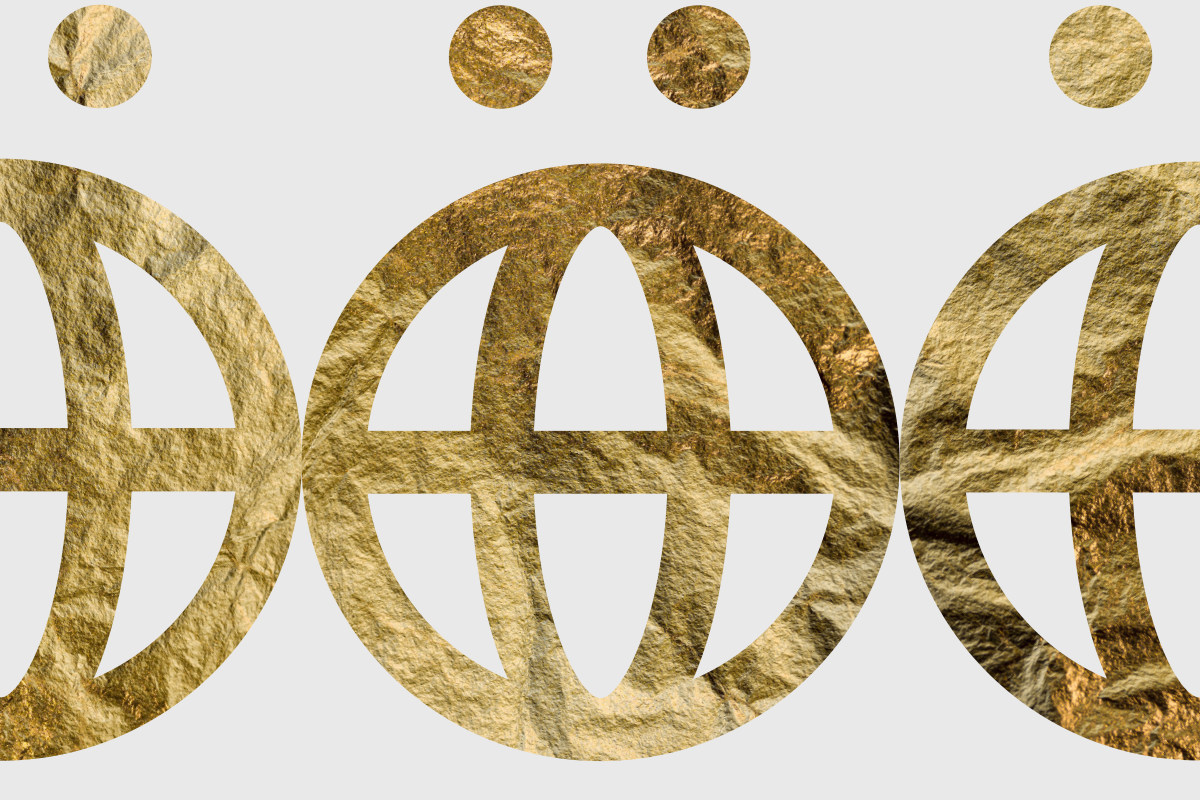Revisiting a Rejoinder on past Wrongs
As the Völkerrechtsblog turns ten, I have the pleasure of revisiting an old blog post, asking myself how it has aged, what has changed since and how the post came about.
When I first started to write this reflection, I could observe myself mimicking the way I had seen academics celebrate institutions or colleagues through their written contributions. And I ask myself if the post you are reading right now is part of an updated version of such a liber amicorum. If an international law blog based in Germany, which has retained its German name with the iconic “ö”, despite being read and written for across the globe, had to have Festschrift in a way. (Apparently, they are an academic tradition that started in Germany.)
The one thing that has always puzzled me, when reading the initial page or so of most contributions to a liber amicorum, was how they usually try to connect to the work of the person or institution being celebrated (or remembered), sometimes adding a personal note or two, and then diving head-first into whatever subject they have chosen. In most cases this comes across as somewhat disconnected. I write this because the blog post I am revisiting is just as disconnected. There is nothing celebratory about it. It was titled “Yes, redressing past wrongs in the present!” and joined a discussion by Maximilian Pichl and Mieke van der Linden on the way the German Government reacted to the genocide committed against Ovaherero and Nama between 1904 and 1908 by Germany in what is now Namibia.
What Made Me Write the Blog Post?
I joined the discussion because of a variety of reasons. For one – at least from today’s perspective – I had basically just started working as a young academic and I was hooked. Motivated by first experiences with the German legal blogosphere, I wanted to write. This is something I have since then seen countless times in others who come back for more. At least compared to regular journals, I saw and still see blogs as places that are more easily accessible, especially to those on the lower levels of the academic hierarchy. As a quick sidenote: Interestingly the editors of the German public law blogs rarely are tenured professors, with Völkerrechtblog being no exception.
Wanting to write, I kept my eyes open for subjects and found one with the debate on the genocide committed against Ovaherero and Nama, something I had also previously researched. Being motivated more by the process of writing and being published than the quest for knowledge and understanding might not be the most noble or ideal. I was however, also driven on by the feeling of dissent. I did not agree with Mieke van der Linden’s perspective, which I thought took too much of the historic colonial era international law at its positivist face value. At the same time, I am today somewhat irritated by the ease with which I entered into the debate with Mieke von der Linden, seeing as she was obviously (and probably still is) much more knowledgeable about this area of international law (see here).
TWAIL and Radbruch
My critique was in-part based on references to Third World Approaches to International Law (TWAIL) and a (post-)colonial perspective (here, p. 79 seq.). Part of what enabled the imperialist colonial expansion from a legal perspective, especially the Westphalian focus on states, continues to stand in the way of addressing the genocide in a meaningful way, because the German state insists that – as a state – it can primarily only negotiate with another state, namely Namibia (here, para. 11 seq.). This state centered focus is also intertwined with the question whether international law was in fact applicable to the acts in question. (While drafting this reflection a highly recommendable article was published on the question.) It is this– together with the fact that the Genocide Convention is from 1948 – that leads to German official statements apologizing, while at the same time highlighting that there is no legal reason to do so (here, para. 22 seq.). If that leaves you with an odd feeling it might be because, as much as we might try to argue otherwise, morality and law are connected. An apology that insists on the absence of a legal wrong appears as an apology with a moral discount. At the same time the obvious moral wrong of killing over 65,000 Ovaherero and 10,000 Nama raises the question of how we can bare to conceive of this as legal. In my initial post, I framed this question by referencing Radbruch, who is more commonly associated with the German domestic sphere’s coming to grips with Nazi use and abuse of law. I owe it to a more recent presentation by Miriam Gassner that I have since learned of Helen Silving-Ryu transferring Radbruch to the sphere of international law in the 1960s (here, p. 344 seq.). Just as I now share this insight, the references to TWAIL and Radbruch in 2015 and the way they were presented also reveal parts of my own personal reading list at the time.
2015 to 2024
Looking back in this way also leads me to ask myself if what I thought of as interesting and insightful in 2015 might primarily have been insightful and interesting to me. Maybe legal blog posts sometimes retain more of those personal diary characteristics, that were originally a central aspect of most blogs, even though that never openly caught on in the German legal blogosphere. Reading old diary-entries is often somehow uncomfortable, because they tend to confront you with past errors and misconceptions. One of them being the reference to terra nullius in my original blog post, while the concept was in fact not applied in the given context (here, para. 80 seq.).
If I ask myself what has happened with regard to the substance of my 2015 post then it is this: Germany and Namibia have negotiated a Joint Declaration, which was initialed in 2021. Because of intense political discussions in Namibia the Declaration has however not been signed until today. There are apparently ongoing talks (here, para 7 seq.). In early 2023 a variety of UN Special Rapporteurs published a letter sent to both Namibia and Germany (also see here) which contained a straight forward message:
“[…] we would like to bring to the attention of your Excellency’s Government information we have received concerning the alleged lack of meaningful participation, through self-elected representatives, of the Ovaherero and Nama peoples in the negotiations leading to the issuance of the “Joint Declaration by the Federal Republic of Germany and the Republic of Namibia: United in remembrance of our colonial past, united in our will to reconcile, united in our vision of the future”, as well as the lack of effective reparative measures afforded to them, including an unqualified recognition of the genocide committed against these communities in the former German Southwest Africa colony between 1904 and 1908.”
Thus, while the German legal position has not substantially changed since 2015, the pressure continues to mount. So how about paying up and apologizing properly?

